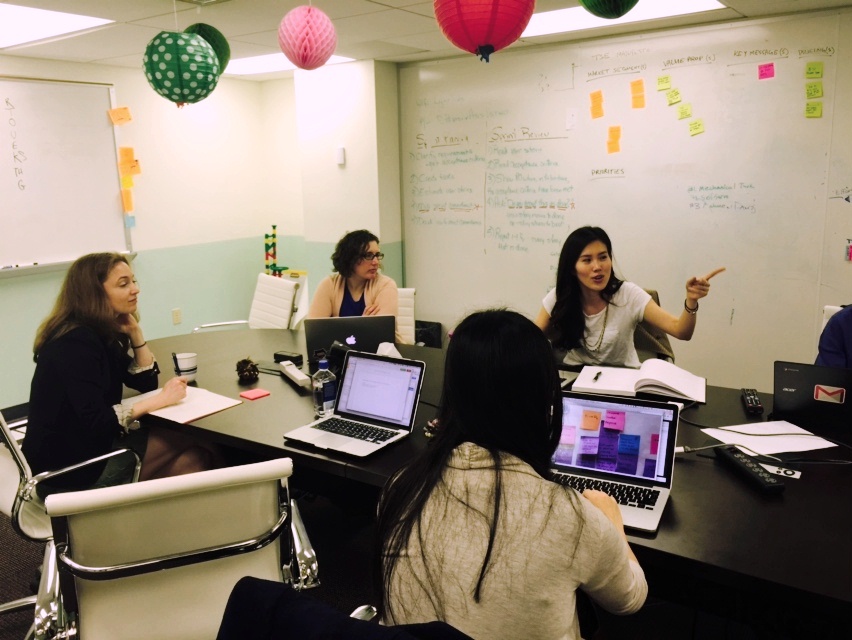Master of Educational Technology and Applied Learning Sciences: Program Overview
“One finds limits by pushing them.” ~Herbert Simon
METALS is an intense, interdisciplinary program that condenses a normal two-year graduate program into twelve months. The program is taught jointly by leading experts in the Human-Computer Interaction Institute and the Department of Psychology at Carnegie Mellon. METALS is also part of Carnegie Mellon University’s Simon Initiative.
The first and second semesters in the METALS program focus on mastering core knowledge and skills through courses in learning principles, technology design and implementation, and a range of engaging electives. The second semester introduces the student Capstone Project, a substantial industry project with an external client. The Capstone is the focus of the third and final semester.
This program is distinct from the Learning Sciences track in the HCII PhD program and is not designed as a feeder to that program.
Program Goals:
Graduates of the METALS program are trained to design, develop, and implement advanced solutions, making sense of state-of-the-art technologies and methods such as:
- Artificial Intelligence
- Machine Learning
- Language Technologies
- Intelligent Tutoring Systems
- Educational Data Mining
- Tangible Interfaces
Upon completion of the METALS program, graduates:

- Understand how these technologies can be applied to engineer and implement innovative and effective educational solutions.
- Understand cognitive and social psychology principles relevant to research-informed instructional design.
- Possess the instructional and interaction design skills needed to create solutions that not only enhance learning, but are also desirable.
- Understand the role of and have skills in using psychometric and educational data mining methods in evaluating and improving educational solutions.
- Develop continual improvement programs that employ in vivo experiments and educational data mining to reliably identify best practices and opportunities for change.
More information can be found in our student handbook.
Program History

The curriculum is an outgrowth of the extensive research conducted by the National Science Foundation’s Science of Learning Center, LearnLab, in which more than 200 researchers produced more than 2,000 publications and talks as well as over 360 classroom studies from 2004 through 2015. LearnLab partners have employed our research at their own organizations including Kaplan, LightSide Labs, Playpower Labs, Acrobatiq, Carnegie Speech and many others.
Carnegie Mellon is known by the software and technical industries for its interdisciplinary nature, rigor and deep knowledge in learning science, human-computer interaction, psychology, design and computer science.